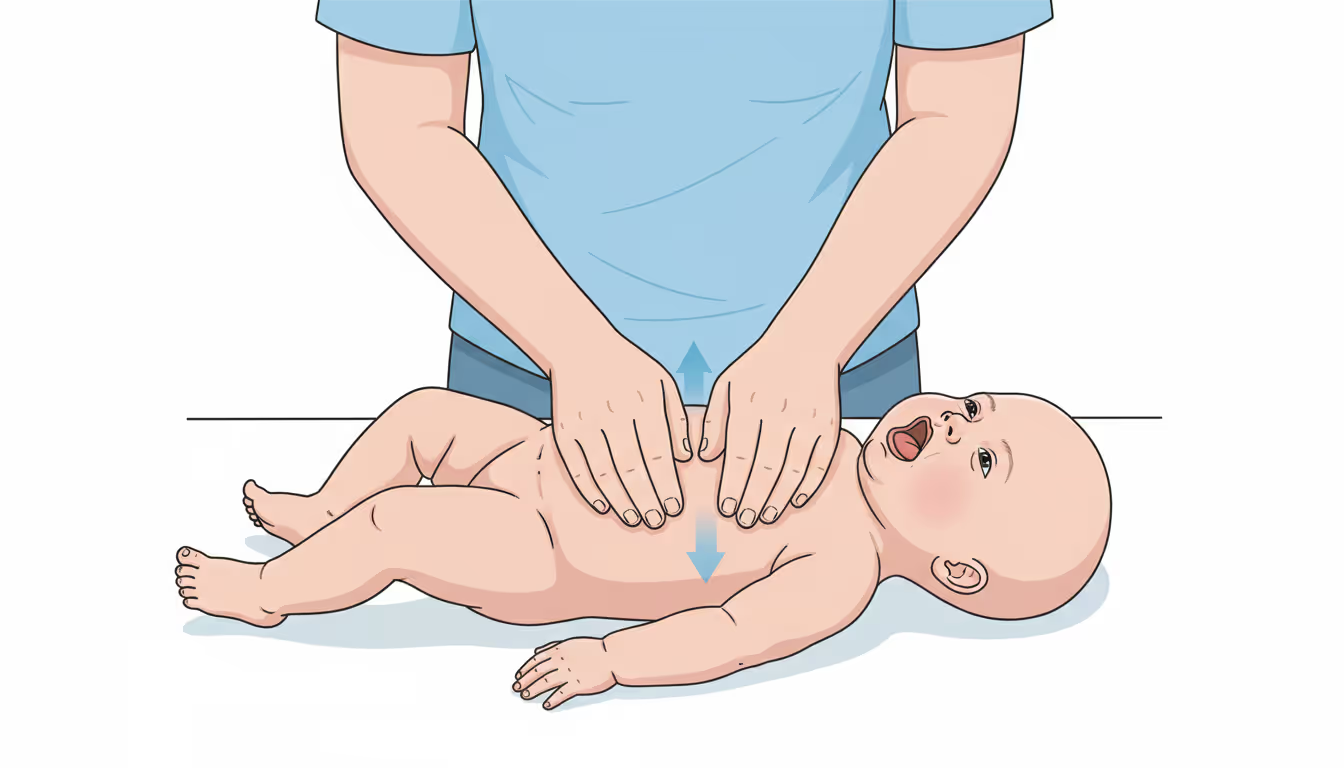
Angelman syndrome is a notable genetic condition marked by severe motor and intellectual disabilities, an unusually small head (microcephaly), frequent jerky movements of the limbs, arm and hand flapping, muscle hypotonia (floppiness), seizures, lack of speech, frequent smiling, spontaneous laughter, and distinct facial features. These features include a large mouth (macrostomia), a prominent jaw, an open-mouthed expression, and a tendency for tongue protrusion. The term "Angelman syndrome" is preferred over the outdated and potentially insensitive term "happy puppet syndrome."This condition is primarily caused by a deletion of genetic material from the 15q11-q13 region of chromosome 15, specifically the maternal contribution. In most cases, this deletion arises from a new genetic alteration. Both Angelman syndrome and Prader-Willi syndrome are linked to deletions in this chromosome region, but in Angelman syndrome, the mother's chromosome is affected, whereas in Prader-Willi syndrome, the father's is partially deleted.Although rare, there are families with multiple children affected by Angelman syndrome. In these instances, the inheritance pattern is influenced by genetic imprinting.




